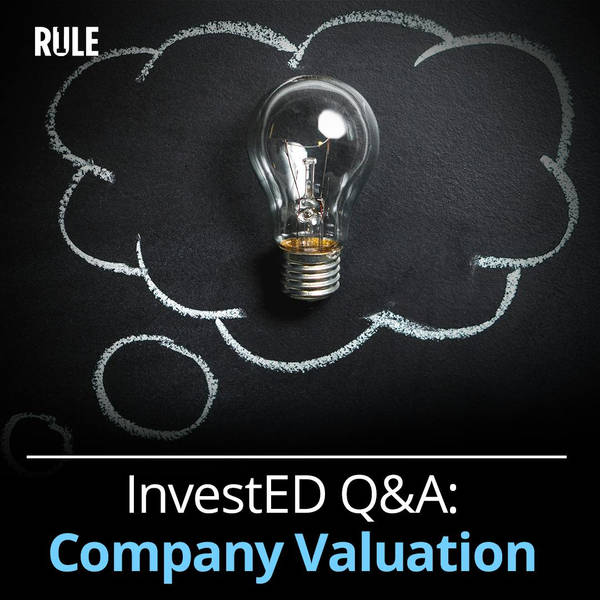
282- Investing Q&A: Company Valuation
One of the core Rule #1 investing principles is to buy wonderful companies at attractive prices. This helps take the risk out of investing and makes it easier to get fantastic returns. However, there are other factors that you must consider before you commit to any companies on your watchlist.
A great company encompasses four simple elements, and we call these elements the “Four Ms of Investing.”
First, the company must have Meaning to you. This means you understand the business as if it were your own, you’re proud to own the business, and the business reflects your values. Meaning is often the factor that differentiates between truly investing in a company with confidence and simply gambling on whether or not they will grow in value.
Next, the business must meet certain criteria in terms of financial strength and predictability. This is considered Moat. The business needs to have something that prevents their competition from coming in and stealing away the control they have over their market. By investing in a company with a Moat, you can ensure that you don’t lose your investment due to that company being watered down by competition.
The third factor is Management, because every company is only as good as the people who are leading it! Far too often, companies are sunk due to dishonest or poor management. This is why it’s important to take your time to research the people who are leading a company, and make sure they have a track record of integrity, as well as success.
Last, the business must have a large Margin of Safety (MOS). MOS essentially means you can buy a dollar of value for fifty cents. If you know what a business is worth, you must be able to buy it at a cheaper price. This will lead to high returns, and can eventually make you very rich.
There are also red flags to consider when analyzing companies. For example, you should always be wary of CEOs that are selling off their shares of the company. This is tied to insider trading, or the trading of a public company's stock based on nonpublic information about the company.
When people hear “insider trading,” they probably think of situations like Martha Stewart going to jail for this practice. But, what a lot of people don’t realize is that insider trading is essentially legal if the CEO in question notifies the SEC that they’re doing it within 48 hours of the sale.
Do you understand the company and why their mission is important? Does it have a genuine, tangible competitive advantage? Is it run by good people? Is it on sale? By getting the answers to these critical questions, you’ll know whether or not you should invest in this company.
Today, Phil and Danielle answer fan questions regarding company valuation, and explain why it’s important to do your research and due diligence before committing to any companies on your watchlist.
If you want to learn more about analyzing companies, download Phil’s Four Ms for Successful Investing Checklist: https://bit.ly/32aNNQz
Learn more about your ad choices. Visit megaphone.fm/adchoices
